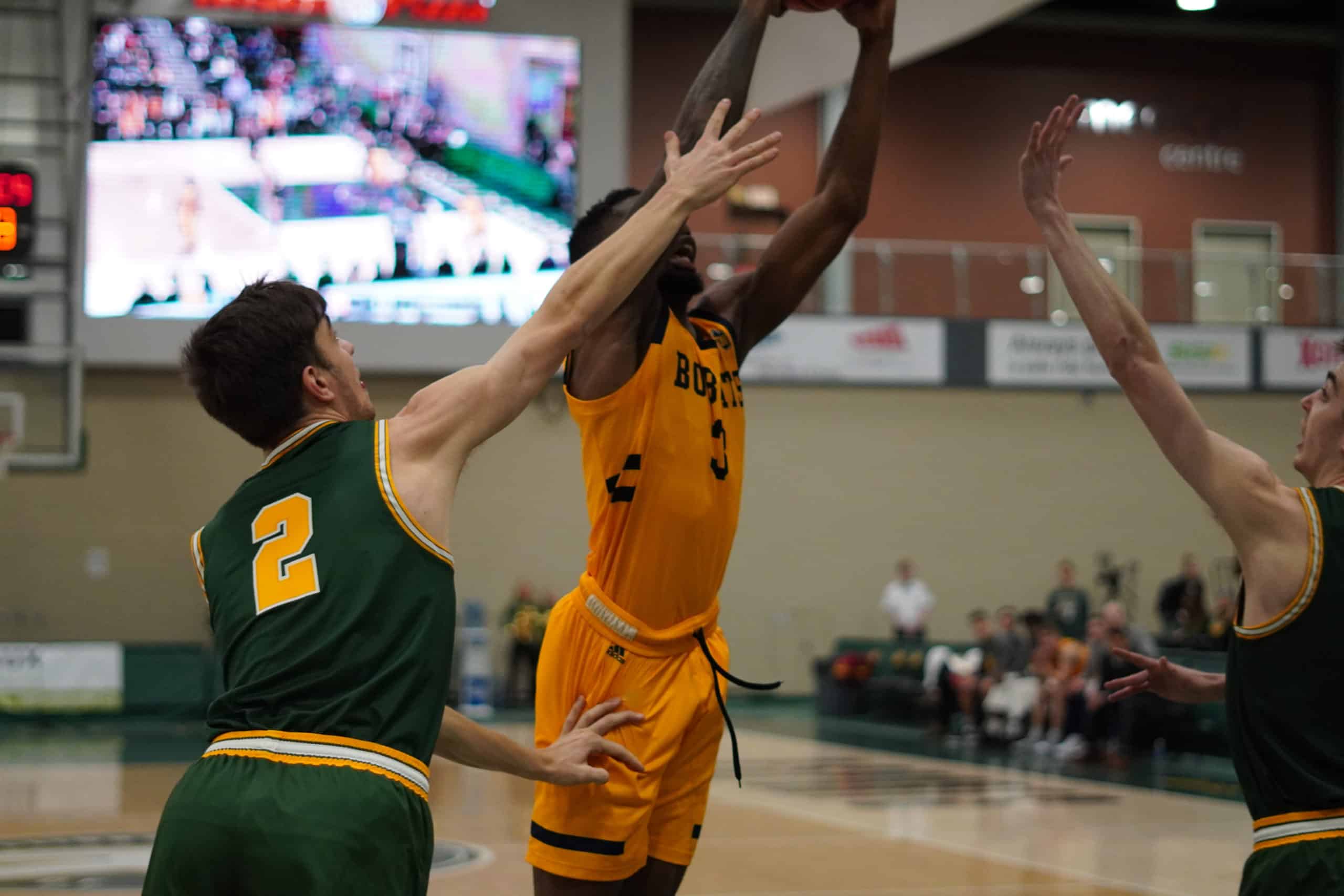Teachers, students, and social media

author: taylor balfour | news writer

Freedom of expression meets educational consequence on Twitter / jeremy davis
Online behaviour a topic when it comes to professionalism
Are professors, teachers, and academic representatives ever off the clock? Is the behaviour of these professionals online always under a microscope? Is the way they operate outside of the classroom still held to the same professional standards?
Examples of professors and academics indirectly addressing students or other industry professionals online is on the rise and not only does it affect the way in which professors teach and students learn, but it may also have lasting effects on the university in question.
One example comes from Jan. 2019 when an Arkansas elementary school teacher faced backlash by describing her students as “monkeys” in a Facebook post that read “the monkeys in my zoo came back today. I’m tired! It’s difficult to train monkeys again.”
The school district responded with a statement claiming that the teacher was “placed on paid administrative leave, pending the outcome of a thorough investigation.”
According to Katia Hildebrandt, an instructor in the Faculty of Education at the University of Regina, these types of interactions may not only color the school in question negatively, but may also affect a student’s learning experience and a teacher’s teaching style.
“Coming from a K-12 background originally, any time you have teachers who are talking about students, especially in negative ways, there’s definitely the potential for that to come out negatively in their teaching.”
“They’re the trusted adult in the situation and so I would say they have a responsibility to hold themselves to a bit of a higher standard and to respect student confidentiality and privacy.”
Kimberly W. O’Connor and Gordon B. Schmidt, both professors from Indiana University released a study in 2015 entitled “Facebook Fired,” discussing the ways in which K-12 Public School Teachers specific may be terminated from their jobs based on the things they post on social media.
The paper begins with examples of various public school teachers being fired over a posts on their public social media platforms. Specifically, the report discusses Alan Francis, a substiute teacher in Pennsylvania who “was fired for ‘complimenting’ a female student online.”
The article describes that there are three major categories in regard to social media that get teachers in trouble: “teachers who posted statements about students, teachers who used social media to interact with students, and teachers who had social media posts deemed to be morally objectionable.”
“I think, depending on the way it’s done, it can be very unprofessional, which doesn’t look good,” Hildebrandt said when discussing how professors go about discussing their profession online.
“In the Faculty of Ed, all of my students are technically members of the Saskatchewan Teachers’ Federation and one of the ‘codes’ of that federation, one of the things they’re held to, is if you have a problem with somebody you go to them first.”
“So, if you’re talking about a student behind their back essentially you’re breaking that code.”
“Even if it’s my student, I should address the issue with them before I address it with someone else. I just don’t think it looks professional.”
Hildebrandt also noted that within the Faculty of Education, the dynamic that a professor is teaching other educators requires a sense of awareness.
“In teaching in education, these are going to be future teachers, so in some respects, we treat them as colleagues and we’re held to those standards.”
“Obviously you do have to be cautious. You obviously have to remember that there are boundaries.”
The Ontario College of Teachers released a professional advisory in 2017 entitled “Maintaining Professionalism – Use of Electronic Communication and Social Media.”
The advisory states that “Canada’s Supreme Court ruled that teachers’ off-duty conduct, even when not directly related to students, is relevant to their suitability to teach,” and, therefore, “members must maintain a sense of professionalism at all times – in their personal and professional lives.”
The advisory also notes that “teaching is a public profession” is one of the reasons why the standards are in place.
“One thing that teachers will sometimes do is talk about their students before the year starts. I always caution my students in education not to be part of those conversations because you’re then going to have potentially a negative view of that student before you even meet them,” Hildebrandt explained.
“So, that’s going to colour the way you treat them and your general feeling about them even if it’s not true and it just happened to be an issue between the other teacher or professor and the student,”
“I think it has the potential to be really damaging in the terms of especially if profs are talking about students and their academic abilities, then we come in with the mindset of ‘this student’s not strong’ or ‘this student has these issues’ and then we might treat them differently.”
The Ontario College of Teachers’ advisory also acknowledges that what places teachers at risk for “disciplinary action” are “inappropriate online, email and telephone conversations between teachers and others, including students, colleagues, parents, employers, family and friends.”
“Again, with the Saskatchewan Teachers’ Federation, you’re also not supposed to bring dishonour to the profession,” Hildebrandt said.
“So, for my students, if they’re talking about the Faculty of Education or they’re talking about schools in a negative way, that’s not a good thing.”
“We have enough problems in the university, in the education sector in general, with not having funds and not being respected, and so I don’t think we need to invite other reasons for people to think that universities are bad places or that they’re a waste of public funds.”









